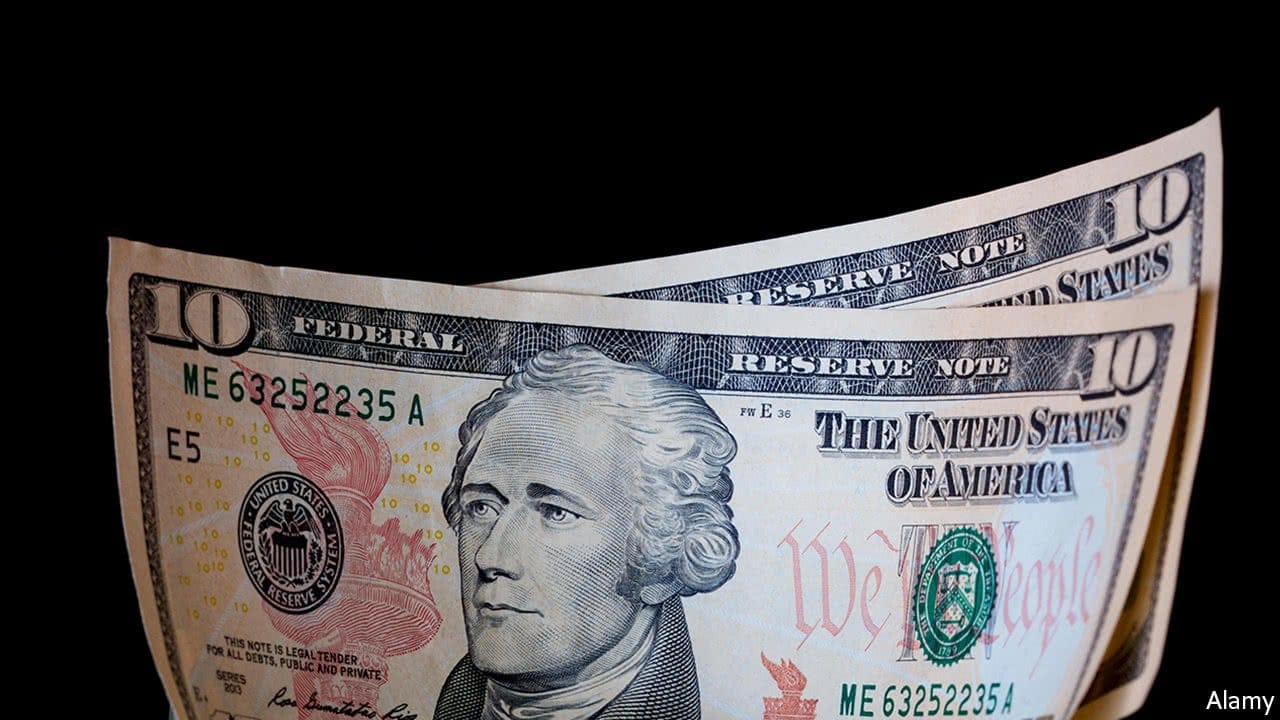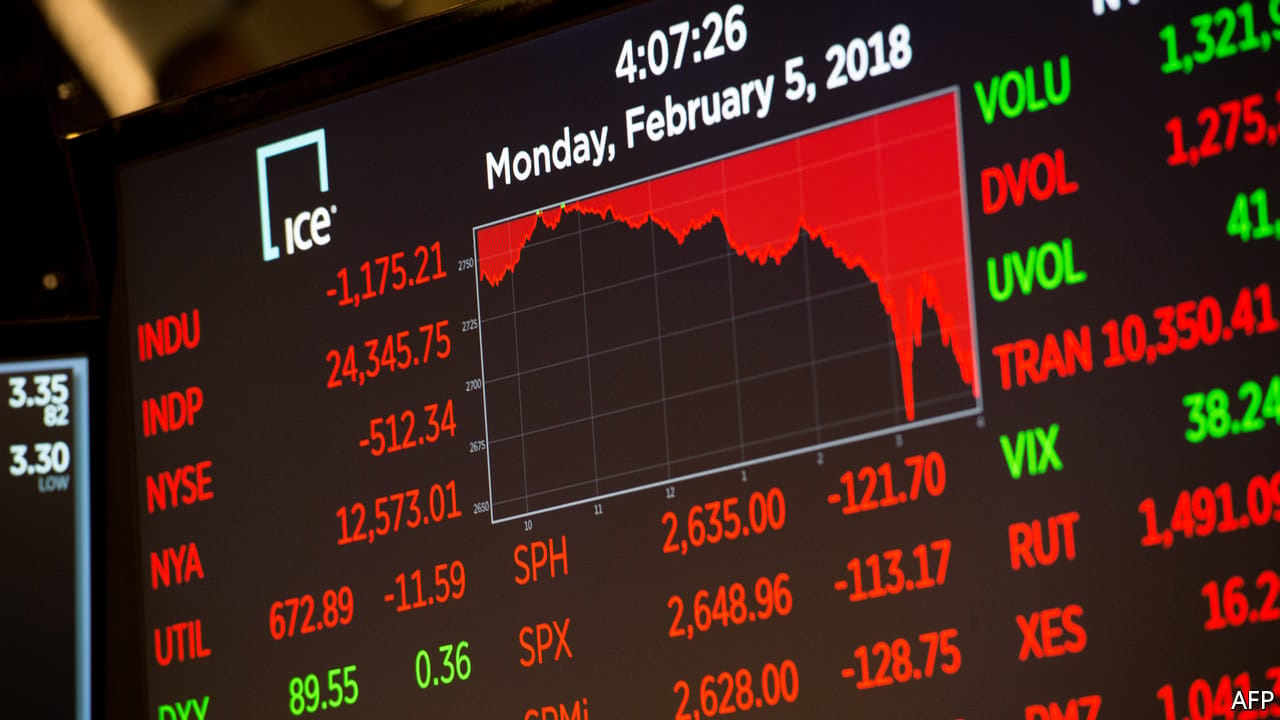Richard Thaler’s work demonstrates why economics is hard
It is difficult to model the behaviour of creatures as irrepressibly social as humans

By R.A. | WASHINGTON
RICHARD THALER has won the Nobel prize in economic sciences this year for his contributions to behavioural economics. It's a well-deserved prize and a clarifying one, as far as economics is concerned. For a very long time, economists hoped to treat individuals a bit like particles in physics, whose activity can be described by a few well-understood rules, which allow researchers to model and understand complex interactions between particles. The rules, they reckoned, were things like perfect information, forward-looking reasoning and rationality. Of course economists understood that individuals didn't always behave according to those rules, but the idea was that, in aggregate, the rules would allow for a pretty good approximation of reality.
More from Free exchange

Religious competition was to blame for Europe’s witch hunts
Many children are still persecuted as alleged witches in Africa for similar reasons

Has BRICS lived up to expectations?
The bloc of big emerging economies is surprisingly good at keeping its promises

How to interpret a market plunge
Whether a sudden sharp decline in asset prices amounts to a meaningless blip or something more depends on mass psychology
Republicans grouse about tax models they once supported
When the experts say tax reform will not pay for itself, the party ignores the experts
Why scan-reading artificial intelligence is bad news for radiologists
Good news for patients is bad news for medical professionals
The Nobel in economics rewards a pioneer of “nudges”
Richard Thaler becomes one of very few behavioural economists to receive the discipline’s highest honour